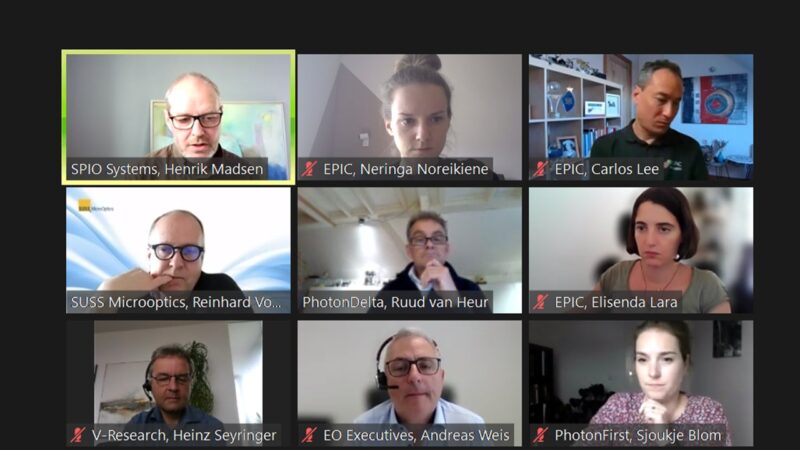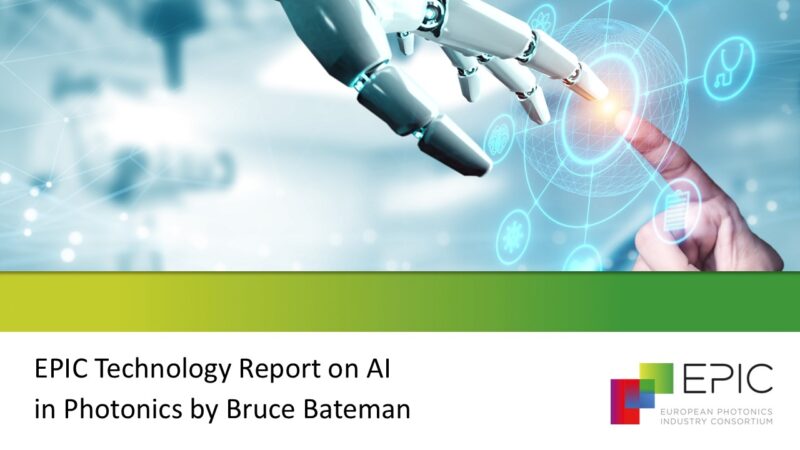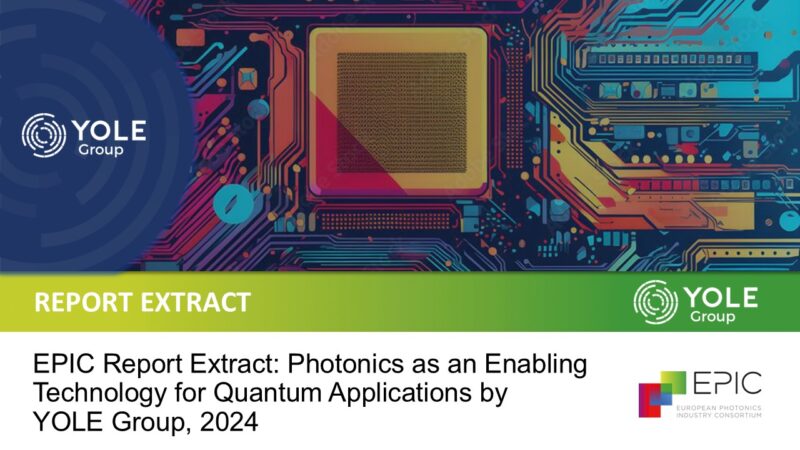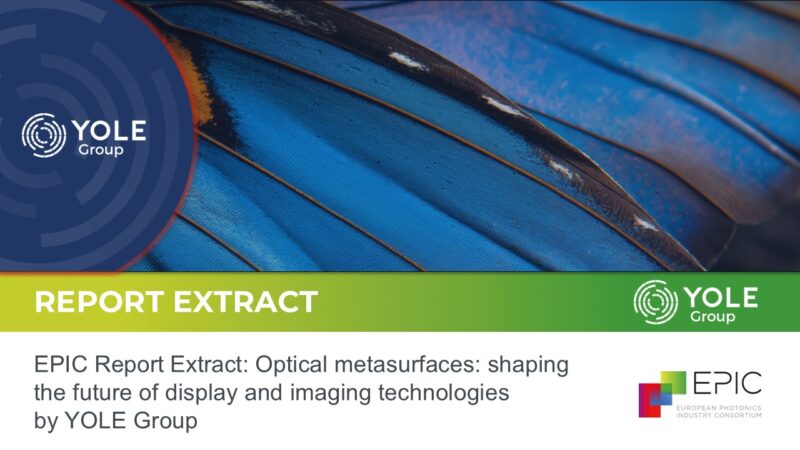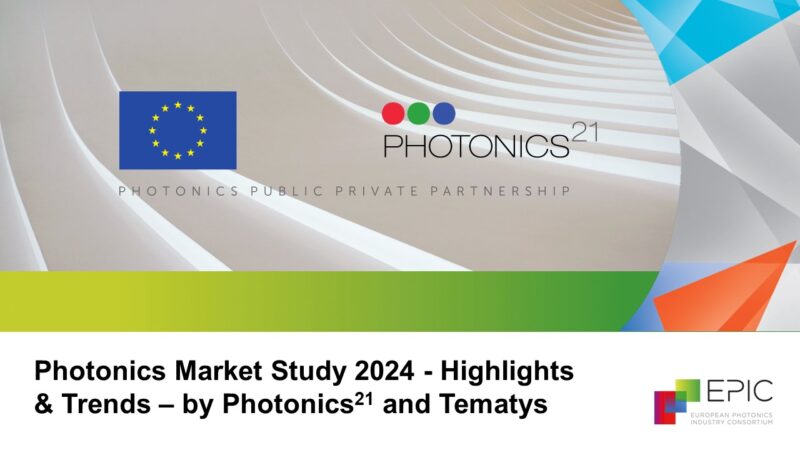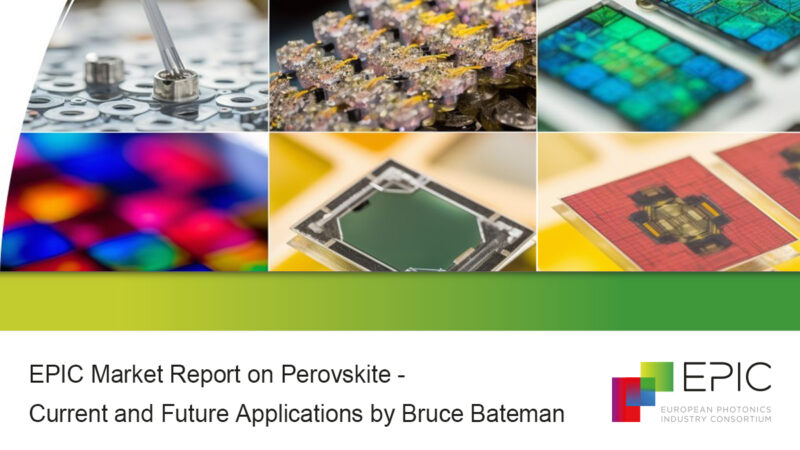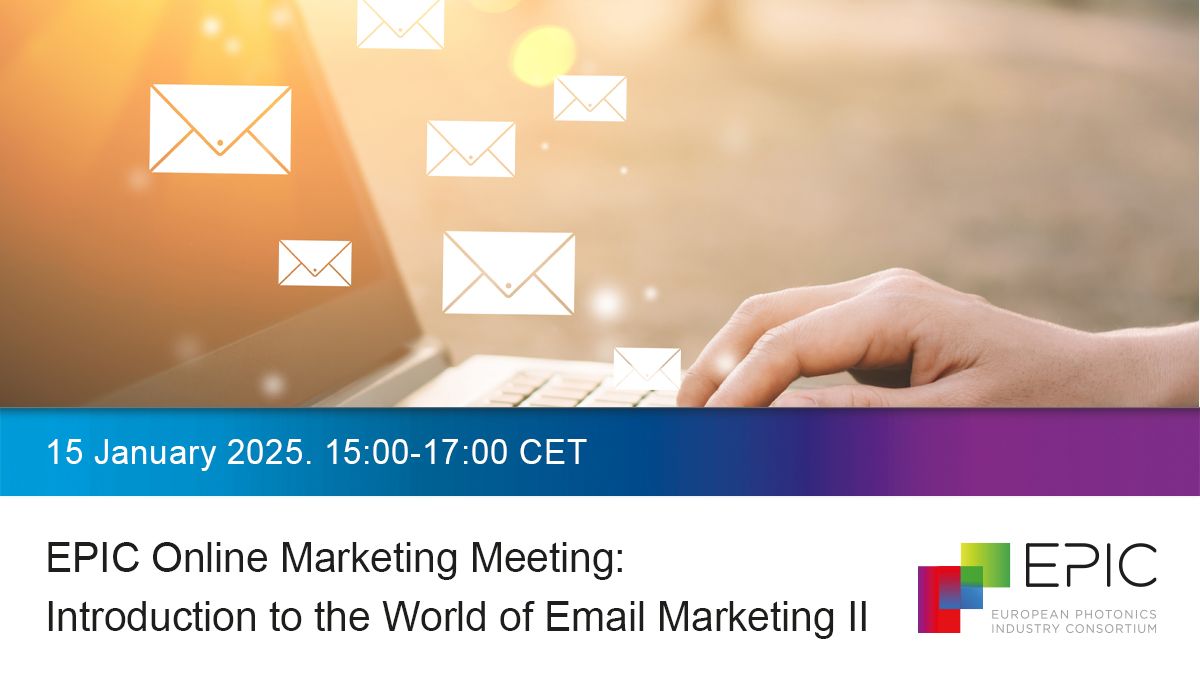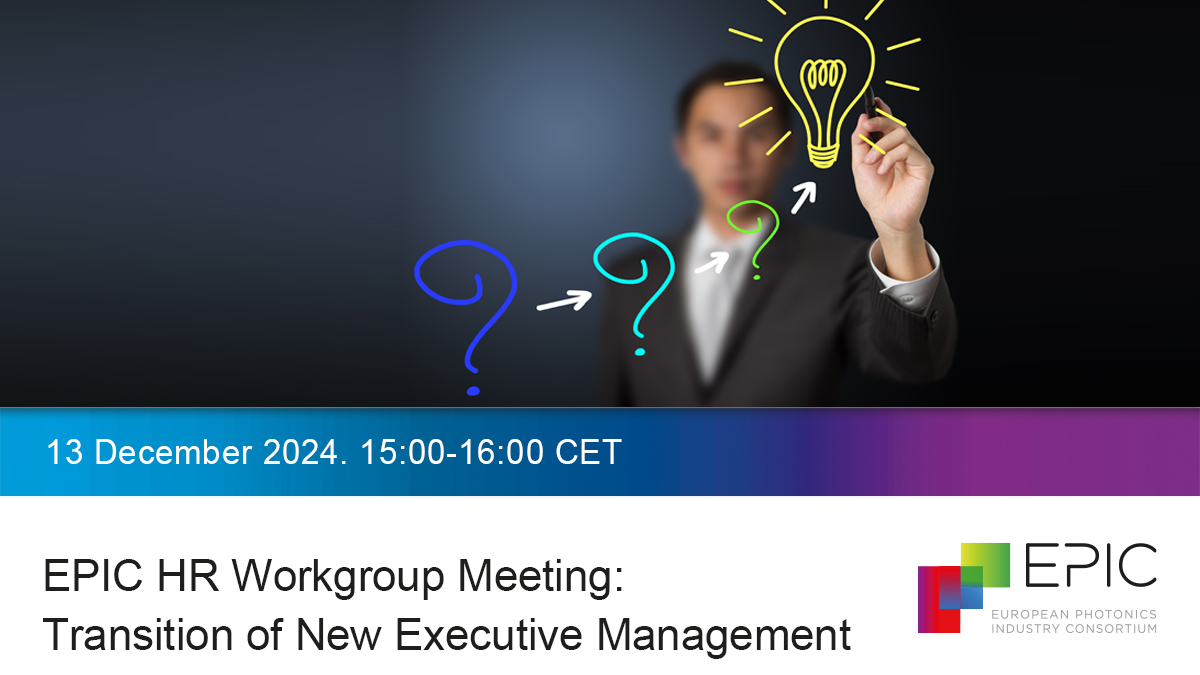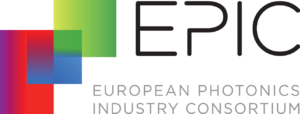Summary of the EPIC HR Working Group’s kick-off meeting held on 5 May 2023 to discuss HR issues facing the photonics industry.
Presentation from SPIO Systems on recruitment
Denmark-based SPIO Systems, a young company involved in the wafer-level production of optical devices, are currently looking for experienced production engineers. The main challenge is to find personnel who are the best match for their company’s working culture.
While recruiting companies are effective in screening potential employees based on cultural fit, they can be costly and have a limited geographical reach. For these reasons, SPIO has recently started using LinkedIn, which has two drawbacks: 1) it involves a significant workload due to the large number of resumes received, and 2) it attracts applications from outside Europe, which may create awkward situations in terms of cultural fit for the company.
Comments:
Need for dedicated personnel: Many companies see recruitment as a side issue and don’t realize the depth of work involved, which can lead to suboptimal recruitment practices. Companies need dedicated personnel to handle HR topics, even if it means having someone dedicated part-time to ensure proper focus and efficiency.
Hiring from abroad: Although it may be complicated, there is no alternative to recruiting personnel from places like Asia and the US due to the shortage of qualified candidates in Europe. This can be facilitated by engaging with local embassies as they are proactive, possess knowledge about individuals seeking opportunities in Europe and can provide valuable advice and assistance without charging fees.
The process of hiring from outside Europe is time consuming but straightforward: a company needs to become a certified reference company for non-EU members and is required to meet certain wage requirements. European Photonics companies have successfully recruited from South Africa and Hong Kong, and also from India by hiring students who can convert their student visa into a working visa after completing their studies.
While hiring internationally has become the new normal for many industries, there are some challenges regarding security implications as some photonics technologies are used in export-controlled products in highly regulated environments. Accordingly, there needs to be a standardized and robust approach to address this issue.
EPIC proposal: to create a list of lawyers in different European countries to provide guidance and assistance in legal matters related to hiring and employment. A mentoring system could also be implemented to enable mentors to share their experiences and knowledge in HR-related topics and provide guidance and advice to members of the in the EPIC network.
Presentation from SUSS MicroOptics:
Competing with larger organizations: 95% of Swiss companies and 86% of US companies have less than 20 employees. A future challenge is the US Chip Act, which aims to create 240,000 new qualified job opportunities. To get funding, companies must demonstrate their ability to attract talent to their sites. As a result, big companies like Samsung are planning to create ‘semicon cities’ in places like Arizona, not only to generate jobs but also to develop the surrounding infrastructure, including schools and other facilities. Funding from initiatives like the Chip Act will intensify the competition for talent, making the war for talent more challenging for the photonics industry.
The need to scale up: Rather than focusing solely on helping start-ups get off the ground, more attention should be directed towards enabling existing companies to scale up, say, from 20 to 50 employees. By doing so, these companies will have a better chance of achieving success and overcoming the obstacles that start-ups often face and it will lead to a more robust and dynamic business environment.
The need to change founder and CEO mindsets: The major reason behind both human resources problems and the inability to scale up is the resistance of founders and CEOs to change their roles, delegate responsibilities, and embrace new opportunities for growth. Many try to handle every aspect of the business themselves, including decision-making and sales. As a result, they become overwhelmed, fail to respond to emails promptly, and become a bottleneck for growth. Furthermore, they often lack exposure to new markets and customers, limiting their ability to drive innovation and expand the business beyond their current customer base. As a solution, instead of appointing a traditional vice president of sales, it would be more effective to bring in talented younger individuals, who possess strong sales skills. Additionally, CEOs can leverage experienced professionals who are no longer actively participating in industry events like Photonics West. These people can provide mentorship and guidance to startups, sharing their industry knowledge, experience, and connections.
Generation Z: The problem is compounded by the aspirations of Generation Z, i.e., those born between 1997-2010. It’s important for this generation to feel valued, included, and empowered at work and to have a job that allows them to explore and grow various skillsets, rather than just one. A top-down approach, with excessive micromanagement and limited autonomy for employees, will therefore hinder employee identification with the company. Accordingly, small companies dominated by a single CEO or boss, need to adapt and relinquish control in order to empower employees and allow their ideas and contributions to be valued.
Comments
Competing with the big players: Small companies need to emphasize their unique company culture, leadership style, and interesting technology to create an appealing marketing concept, not aimed at customers but at attracting talent. They should communicate a vision of growth and potential within the small company, highlighting opportunities for advancement and a close relationship with top-level executives. Failing to focus on these aspects can lead to losing good candidates to larger companies that are more successful in showcasing their strengths.
Understanding generation Z: EO, a global executive recruitment company, are currently conducting a survey to better understand the career aspirations of students in Norway and will present a summary of the results at the next HR meeting.
The need to promote photonics as a career option: Silicon Valley and companies like Google have a strong storytelling element surrounding them that attracts young people. Other industries, like Photonics, don’t have the same level of visibility or recognition. To address this, the photonics industry needs to explore ways to create storytelling and increase awareness around photonics, for example, by outreach to schools and universities and showcasing the cool aspects and real-life applications of Photonics.
Future meetings
Participants found the meeting informative and fruitful and welcomed the proposal to hold future HR Working Group meetings every three months for I hour. Topics for future meetings will include more detailed discussions on recruitment tools and strategies for small companies, recruitment from outside Europe and understanding Generation Z.
For more information, please visit the meeting’s page with the full list of attendees.

